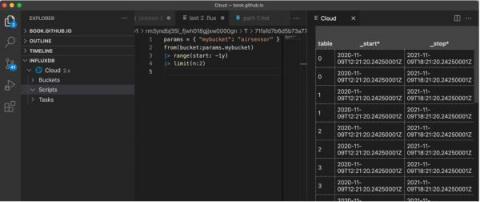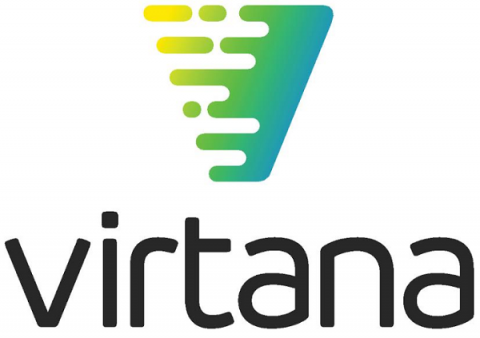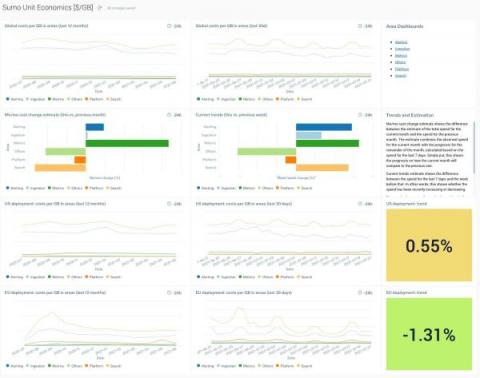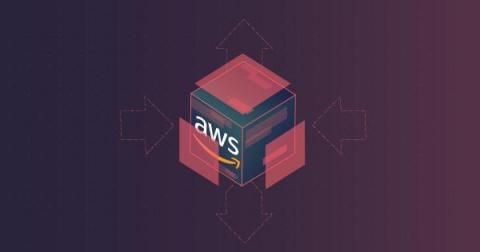Monitor Azure Government with Datadog
Azure Government is a dedicated cloud for public sector organizations that want to leverage Azure’s suite of services in their highly regulated environments. As these organizations migrate their applications to Azure Government, they need to ensure that they can maintain visibility into the status and health of their entire infrastructure.











